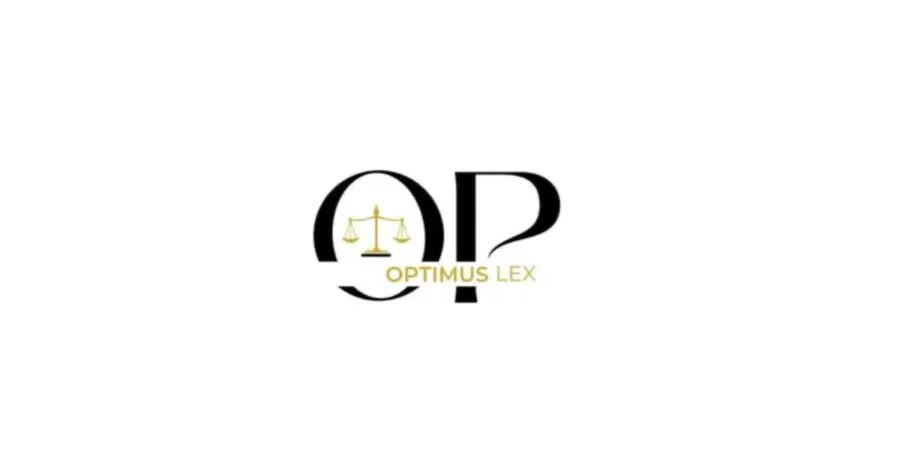This case commentary is written by Tanya Giri.
IN THE SUPREME COURT OF INDIA
| NAME OF THE CASE | NARESH CHANDRA AGRAWAL V. THE INSTITUTE OF CHARTERED ACCOUNTANTS OF INDIA & ORS |
| CITATION | 2024 INSC 94 |
| DATE OF THE JUDGEMENT | FEBRUARY 8, 2024 |
| CASE NO. | CIVIL APPEAL NO. 4672 OF 2012 |
| APPELANT | NARESH CHANDRA AGRAWAL |
| RESPONDENT | THE INSTITUTE OF CHARTERED ACCOUNTANTS OF INDIA AND OTHERS |
| BENCH/JUDGES | 1) HON’BLE JUSTICE P.S.NARASIMHA 2) HON’BLE JUSTICE ARAVIND KUMAR |
| STATUTES INVOLVED | 1) CHARTERED ACCOUNTANT’S (AMENDMENT) ACT, 2006 2) CHARTERED ACCOUNTANT’S (PROCEDURE OF INVESTIGATION OF PROFESSIONAL AND OTHERS MISCONDUCT OF CASE) RULES, 2007 |
| IMPORTANT SECTIONS/ RULES | 1) SECTION 21-A & SECTION 29-A 2) RULE 9 |
FACTS OF THE CASE:
1) For three years starting on January 1, 2007, the Bank of Rajasthan Limited (the complainant bank) hired M/s Ramesh C. Agrawal & Co. (the firm) to conduct audit work. Under this agreement, the firm is required to submit audit reports regarding daily transactions of Sahara India, Aliganj, Lucknow Branch by the seventh of the following month.
2) The Firm is also responsible for monitoring any suspicious behavior or foul play connected to transactions, and reporting any such conduct to the Chief Executive Officer of the Complainant bank
3) A number of evasive transactions totaling enormous sums of money are said to have happened in certain branch accounts on September 27, 2009; these transactions were not mentioned in the monthly audit report.
4) The Complainant claims that M/s Ramesh C. Agrawal & Co. violated the terms of their contract by neglecting to bring attention to the suspicious transactions that took place on September 27, 2009, despite the fact that the primary reason for hiring the services was the prompt detection of irregularities in transactions.
5) The complainant sent a letter to the business requesting an explanation, but they did not receive a sufficient response. The Complainant sent another letter to the Firm, but it was not answered.
6) The Complainant filed a complaint against the Audit Firm with the Director (Discipline). The Director then sent a copy of the complaint to the Audit Firm and requested the identity of the member who was in charge of carrying out the audit work and compiling the report.
7) In a letter of response to the director, the audit firm said that the appellant, Naresh Chandra Agrawal, was in charge of doing the audit work and writing the report.
8) The Complainant submitted his reply along with a few documents after the Appellant presented his written declaration.
9) The Director concluded that the appellant is not guilty of professional misconduct within the meaning of clauses (7), (8), and (9) of Part 1 of the Second Schedule of the Chartered Accountants’ (Amendment) Act, 2006 after taking into account the written statement, rejoinder, and document.
10) The Disciplinary Committee will take additional action under Chapter V of the Chartered Accountants (Procedure of Investigation of Professional and Other Misconduct and Conduct of Cases) Rules, 2007 in response to the Board of Discipline’s disagreement with the Director’s opinion.
11) It was prayed to declare Rule 9(3)(b) of the Chartered Accountants (Procedure of Investigation of Professional and Other Misconduct and Conduct of Cases) Rules, 2007 as invalid on the grounds that the said rule was ultra vires Section 21 A (4) of the Chartered Accountants (Amendment) Act, 2006, challenging the Board of Discipline’s action of rejecting the Director’s opinion and referring the matter to the Disciplinary Committee. The case was brought before the High Court of Delhi through Writ Petition.
12) The appellant’s case was rejected by the High Court’s Learned Division Bench. So, the appellant went to the Supreme Court.
ISSUES RAISED:
1) Whether Rule 9(3)(b) of the Chartered Accountants’ (Procedure of Investigation of Professional and Other Misconduct and Conduct of Cases) Rules, 2007 is inconsistent with Section 21 A (4) of the Chartered Accountants (Amendment) Act, 2006?
2) Whether Rule 9(3)(b) of the Chartered Accountants’ (Procedure of Investigation of Professional and Other Misconduct and Conduct of Cases) Rules, 2007 is beyond the rule-making power of the Central Government?”
CONTENTIONS OF THE PETITIONER:
The petitioner’s attorney argued that:
1) The Chartered Accountants (Amendment) Act, 2006, Section 21A (4), gives the Board of Discipline the following two choices, which are contrary to the Director (Discipline)’s opinion:-
- It may decide to end the case at that point, or
- It may instruct the Director of Discipline to look into it further.
2) By sending the case to the Disciplinary Committee, the Board ought not to have relinquished authority over the Director of Discipline and Act as an investigative body.
3) Under the parent Act, the action contested in this appeal is not well-founded.
4) As a delegated law, Rule 9(3)(b) of the Chartered Accountants (Procedure of Investigation of Professional and Other Misconduct and Conduct of Cases) Rules, 2007 is limited in what it can do in relation to the Parent Act.
CONTENTIONS OF RESPONDENT:
The respondent’s attorney argued that:
1) If the Director’s opinion is recognized as final, the Board will not be able to override the Director’s (Discipline), who also acts as the Board’s secretary, giving the Director greater power than the Board itself.
2) Should the Appellant’s argument be granted, the Board’s jurisdiction will be restricted to giving the Director (Discipline) instructions to do more research, which would be in violation of the statute itself.
3) The Act’s structure says nothing to stop the Board from sending the matter to the Disciplinary Committee for further examination.
JUDGEMENT OF THE CASE:
Rule 9(3)(b) of the Chartered Accountants (Procedure of Investigation of Professional and Other Misconduct and Conduct of Cases) Rules, 2007 was found to be entirely consistent with the intent and purpose of creating the Chapter on “Misconduct” under The Chartered Accountants (Amendment) Act, 2006, after the appellant’s appeal was dismissed.
CONCLUSION:
The Supreme Court’s decision in this case sets a precedent for the handling of complaints regarding wrongdoing in the chartered accountancy sector. In this case, the Supreme Court establishes precedent by defining the standards for determining whether Subordinate Legislation is “Ultra-Vires” the Parent Act. In this instance, it was also determined that the Subordinate Legislation must adhere to the Parent Act’s power limitations and refrain from extending its authority.















